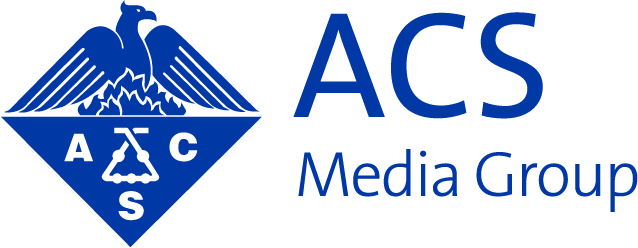Is Squarespace the right choice for building your science marketing website? It’s an easy question to ask, but clear answers can be less than forthcoming. There are so many options available to achieve what is really a very simple goal: getting someone to learn about your company.

Another reason it can be difficult to sort through the options: every business is different. Whether you’re an individual, a multi-national conglomerate with hundreds of employees, or something in between, your specific niche will have its own unique demands that must be met. Yes, both Squarespace and WordPress help you register a domain name and build a website.
After that, though, the similarities diverge rapidly.
So which method of building a website will best satisfy the requirements of your unique business?
This article will discuss 3 positive aspects of using SquareSpace, and 3 negative aspects of using the service to help you decide.
Positive Aspects Of Using Squarespace
Squarespace has many positive attributes when compared with other website solutions such as WordPress, Weebly, and Wix. It certainly has many positive aspects when compared to building your own site from scratch (a.k.a. hiring someone to write the code).
1. All-In-One Design
 Website-builders can be notoriously finicky.
Website-builders can be notoriously finicky.
That’s because they often use third-party plugins and extensions that may or may not play well together. With Squarespace, all the features are developed in-house. That means everything just works. The build process is much simpler and requires less personal research and troubleshooting to get things to turn out how you want.
Additionally, with Squarespace, no coding knowledge or technical skills are required. The result is you can spend more time on the important matters like content, accompanying design, and promotion rather than your site’s technology.
2. Squarespace Handles the Technical Side of Hosting
One of the more time-saving features of Squarespace is that they handle all the technical details of hosting your website. Details like security and website speed may not seem like much when you’re first brainstorming website layouts, but they quickly become important when your site goes live. And even more so should an issue arise.
Optimizing your website for speed and security can be a difficult balancing act…especially if you’ve never done it before.
Heres a list of other science marketing websites using Squarespace.
Squarespace takes care of all that for you. They even maintain a backup of all data so you don’t have to worry about something happening at a remote data center somewhere that causes your site to vanish.
3. Customer Support And Onboarding
Getting started building your own website—be it with Squarespace or some other service—can be a confusing time. Squarespace has worked hard to alleviate that difficulty with customer onboarding email sequences that guide users through common questions and problems.
Squarespace also offers a plethora of video walkthroughs to help you through the design process. And their 24/7 customer support conducted via live chat and email does away with the need to sit on hold waiting for help!
Now, the Negative Aspects of Using Squarespace
As good as Squarespace may be for your marketing needs, nothing is absolutely perfect. Depending on your situation, these negatives could be major deal-breakers. Below, we’ll look at three negative aspects to consider about the service.
1. Lack Of Advanced Marketing Tools
Don’t take this to mean that Squarespace doesn’t have marketing tools—they do. They just don’t have the most advanced options. WordPress has been around for a lot longer, so the company and community of users have developed more advanced marketing tools. Of course, Squarespace has the basics, like share buttons and the ability to quickly redirect URLs (to name a few). But advanced options like SEO, support for Twitter Cards and Facebook Open Graph, and A/B testing are bare-bones at best and nonexistent at worst. That said, Squarespace knows where it is lagging behind its competitors, and is working to catch up fast.
2. Pricing
When compared to its direct competitors (Weebly, Wix, and the like), or to setting up a WordPress site, Squarespace is by far the most expensive. Plans can range from $12 per month for an individual site to $40 per month for a full-on webstore. The simplicity of setting up a site using Squarespace may offset the higher price. WordPress often requires a large investment of your time, or very high upfront fees for a developer. So it’s either money up front (with WordPress) or a monthly commitment (with Squarespace).
3. Not The Best Ecommerce Solution
Yes, Squarespace offers you the ability to sell products without the need to switch platforms or shoehorn third-party plugins. But that ecommerce functionality certainly isn’t as robust as online store platforms like Shopify.
Squarespace is a great choice for websites that focus on information or lead generation but still want to offer a few selling options. Because of that, Squarespace is ideal for business websites and blogs. But if your goal is to sell, sell, sell, Squarespace may not be the best choice.
Should you build your website in Squarespace?
It’s important to reiterate here that every situation is different. Each aspect listed in this post can be weighted differently, and this is just the start of what to consider. What one science marketer might see as a positive aspect of Squarespace, another might see as a negative. Squarespace’s all-in-one design, hosting, and customer service capabilities are big pluses. At the same time, Squarespace’s lack of advanced marketing tools, higher long-term pricing structure, and less-than-robust ecommerce features may lead you to another website builder.
Do you host your site on Squarespace? Share in the comments!


















